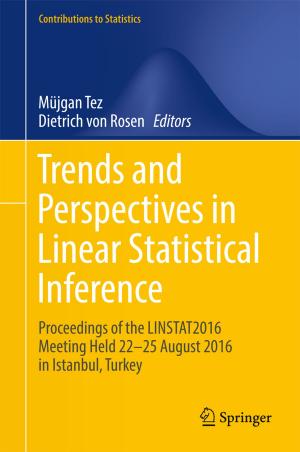Power, Curriculum, and Embodiment
Re-thinking Curriculum as Counter-Conduct and Counter-Politics
Nonfiction, Reference & Language, Education & Teaching, Educational Theory, Curricula, Educational Reform| Author: | James P. Burns | ISBN: | 9783319685236 |
| Publisher: | Springer International Publishing | Publication: | October 31, 2017 |
| Imprint: | Palgrave Macmillan | Language: | English |
| Author: | James P. Burns |
| ISBN: | 9783319685236 |
| Publisher: | Springer International Publishing |
| Publication: | October 31, 2017 |
| Imprint: | Palgrave Macmillan |
| Language: | English |
Winner of the 2019 AERA Division B (Curriculum Studies) Outstanding Book Award
This book explores curriculum inquiry through the theoretical lens of governmentality as a site of disciplinary biopolitics and a system of heteropatriarchal political economy. Examining the powerscape in which education is currently situated, the author offers a conceptual framework for curriculum scholarship based on Foucault’s genealogy of power, and analyzes how curriculum design has historically effectuated disciplinary power on students and teachers. The book engages in a synoptic essay of the history of American violence, an important curricular issue, and finally applies Foucault’s concepts of truth-telling and self-care to curriculum studies as a form of self and social reconstruction in complicated conversation with each other.
Winner of the 2019 AERA Division B (Curriculum Studies) Outstanding Book Award
This book explores curriculum inquiry through the theoretical lens of governmentality as a site of disciplinary biopolitics and a system of heteropatriarchal political economy. Examining the powerscape in which education is currently situated, the author offers a conceptual framework for curriculum scholarship based on Foucault’s genealogy of power, and analyzes how curriculum design has historically effectuated disciplinary power on students and teachers. The book engages in a synoptic essay of the history of American violence, an important curricular issue, and finally applies Foucault’s concepts of truth-telling and self-care to curriculum studies as a form of self and social reconstruction in complicated conversation with each other.















